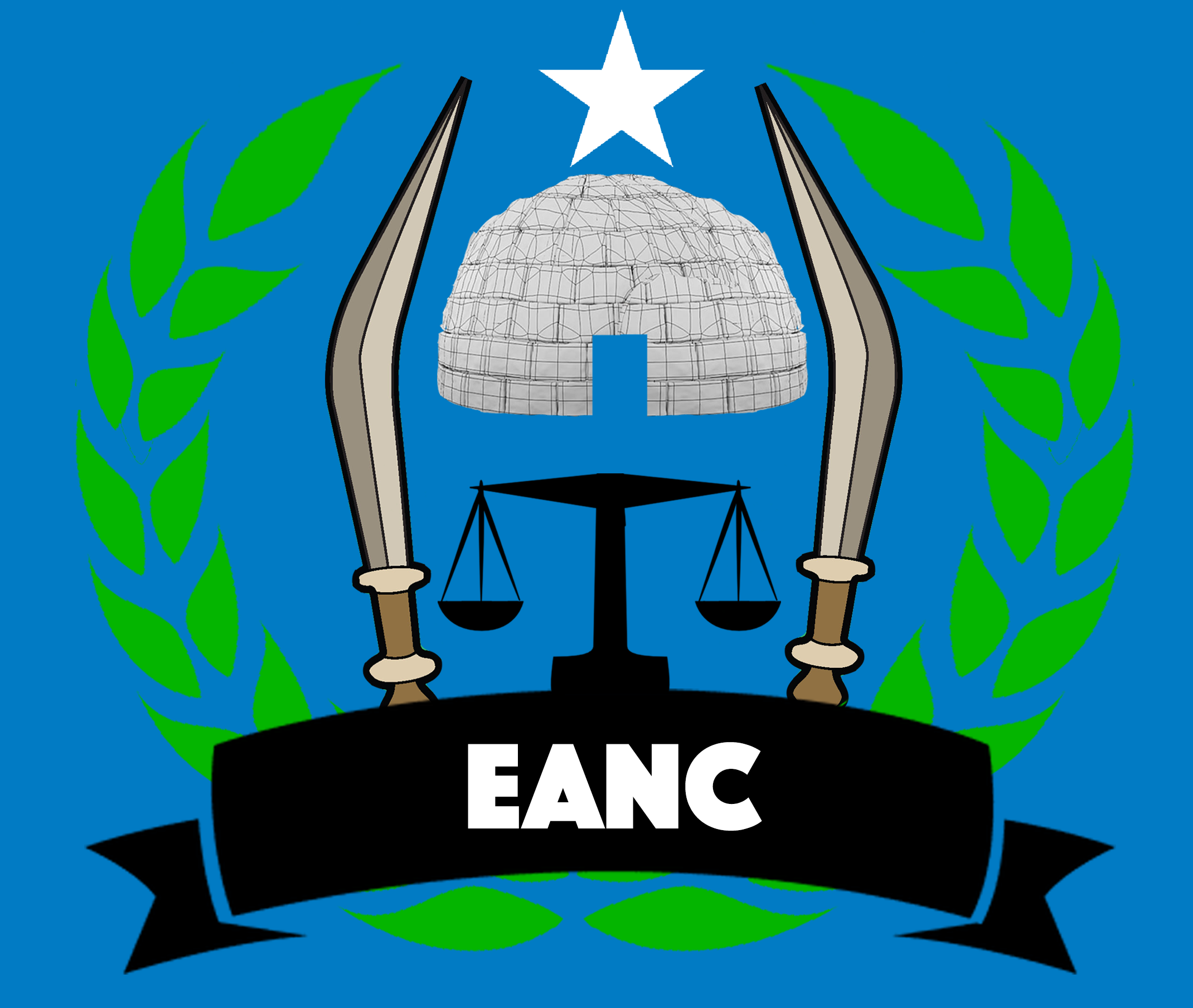Eritrea went through a constitutional process from 1995 to 1997, which resulted in a text that provides for the rule of law, democratic institutions and human rights. The text was ratified by the National Assembly, but never implemented.
The United Nations, the USA and the EU support the 1997 Constitution. They have called on Eritrea to “[i]mplement [it] fully and without further delay”.
This recommendation is challenged here. Eritrea is multi-ethnic, multi-religious and multi-lingual. The 1997 Constitution creates a highly centralized Stalinist structure that experience teaches does not work in deeply diverse democracies. Eritrea requires a power sharing constitution, fabricated in a proper negotiated process.
Implementing the 1997 Constitution would likely bring Eritrea’s two large nationalities into conflict with its eight smaller nationalities with high risk for violent civil strife that could spill over into neighbouring countries. This is concerning for geopolitics and would be devastating for human rights.
